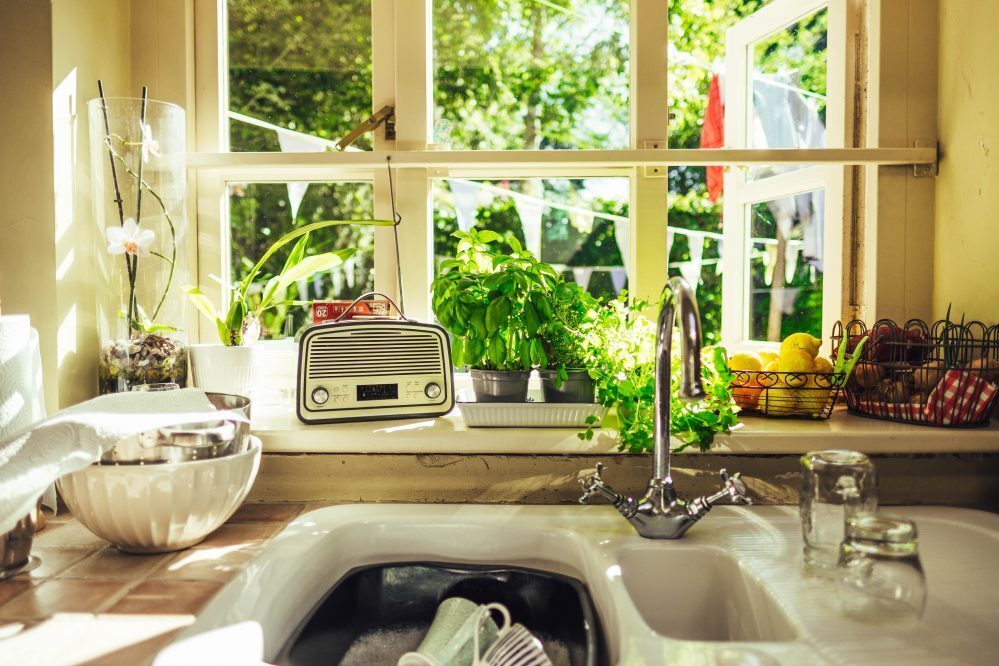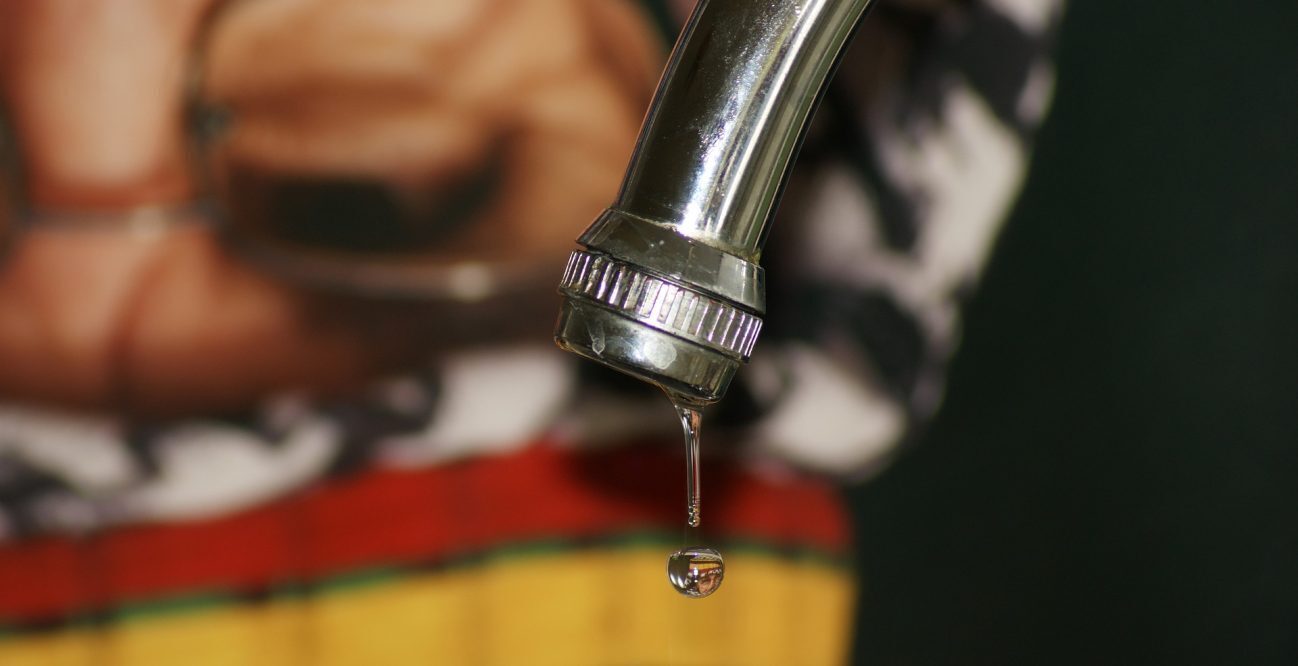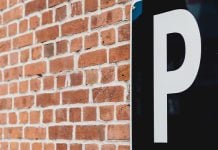This installment of Sustainability @ Home focuses on how you can save our most precious resource: water!
So, how can you help save water?
Start small
Many practices use more water than they need to. These are typically habits we’ve learnt over time. Changing a habit can be challenging but it costs nothing, plus it might save you money on your water and energy bills!
Below are some simple ways you can start saving today.
In the kitchen:
- Empty old water from drink bottles onto plants instead of down the sink.
- Scrape instead of rinsing dishes before placing them in the dishwasher and only turn it on when full.
- When washing dishes, fill the sink up with the amount of water needed rather than washing dishes under a running tap.
- Steam your veggies instead of boiling them – it saves water and maintains more nutrients.
- Only boil how much water you actually need (in the kettle or for cooking) and use the leftover in a stock or on the garden when cooled.

In the bathroom and laundry:
- Turn off taps when brushing your teeth or shaving.
- Use the half flush button on your toilet, when appropriate!
- Wait for a full load of dirty clothes before using the washing machine.
- Keep your showers to 5 minutes or less and use a timer.
In the garden:
- Water the garden in the early morning or evening to avoid it evaporating in the sun and heat.
- Plant natives and other water wise plants with low water requirements.
Fix leaks
Did you know that a tap dripping 10 times a minute can waste hundreds of litres per year? If the tap drips hot water this will cost you and the environment more as hot water uses energy to heat up. Here are some common leaks to get fixed:
- Taps in the bathroom, kitchen, laundry and garden
- Toilets – listen for a sound of continuous filling or trickling down the back of the bowl
- If you’re a tenant, contact your leasing agent as soon as possible. They generally have a plumber on hand to fix leaks quickly.
- If you own your property, learn how to change washers

Upgrade appliances
Look for water efficient appliances such as:
- Shower heads: a water efficient shower head uses 40% less water. Switch to a water saving shower head and find out more about the Victorian Energy Saver scheme.
- Washing Machines: front loaders use less water than top loaders.
- Dish washers: look for machine with an eco-setting to save energy and money!
You can also check out Make Every Drop Count for more tips and advice.














